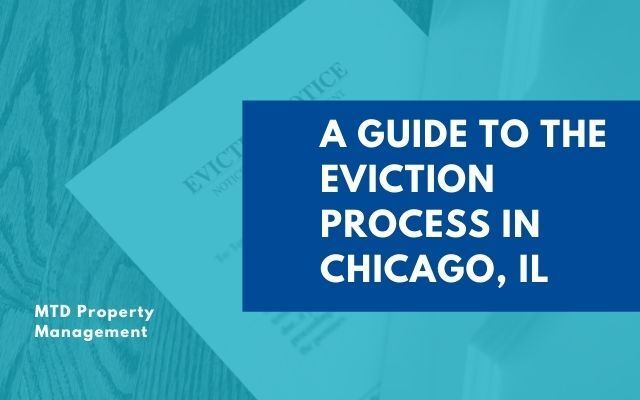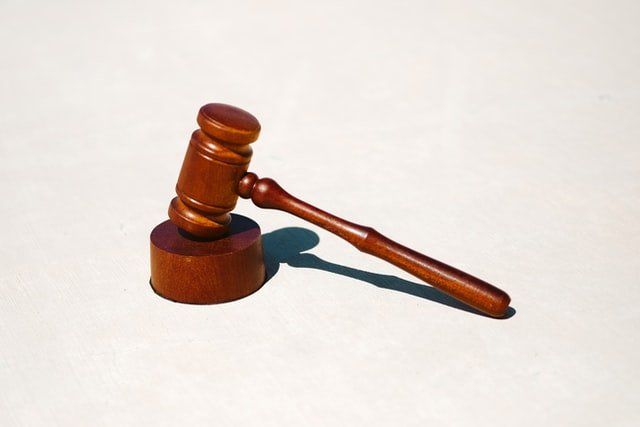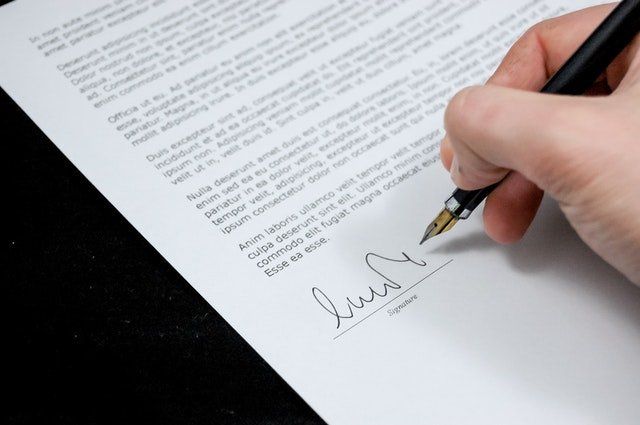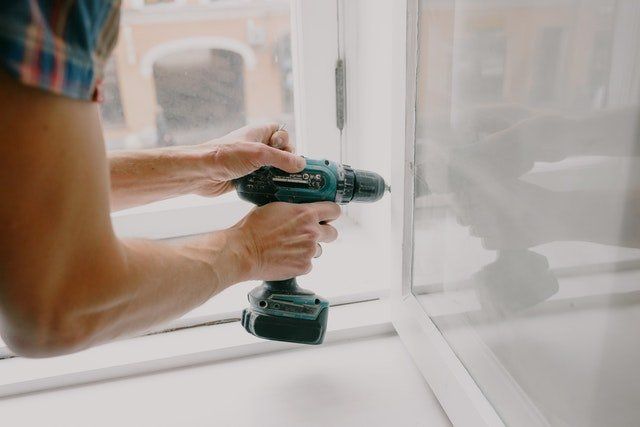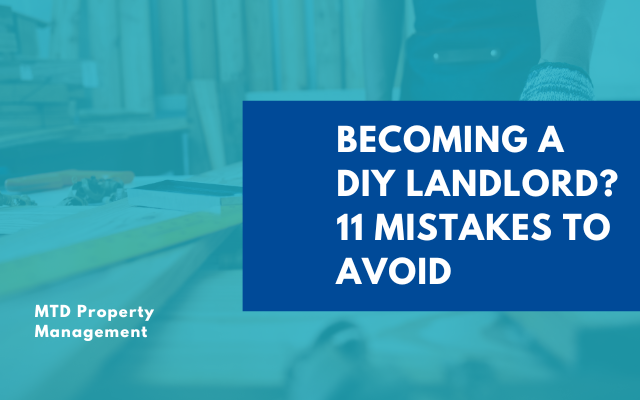A Guide to the Eviction Process in Chicago, IL
Unfortunately, there are instances when owning a rental unit in the city of Chicago where removing your renter may be the only option left for you. When landlords proceed with the Illinois eviction process, they must follow the Illinois eviction laws and landlord-tenant laws or a legal issue could arise during the eviction.
Common lease violations that may lead to evictions include:
- Nonpayment of rent. Not paying rent is a serious breach of the written lease agreement. If a renter does not pay rent, landlords may be able to legally proceed with the eviction of a tenant from their rent property.
- Rental agreement or lease violations. Examples of breaching written lease agreements may include keeping an unauthorized pet and exceeding the rental limit.
- Illegal activity.
The following is a step-by-step guide to the legal eviction process in Illinois.
Step #1: Eviction Notice
No matter which rule the renter violated, landlords must give their tenant an eviction notice (except in some limited circumstances). If a tenant fails to comply, the eviction notice landlords provide must be specific to the rent violations and other rent or lease violations the tenant committed.
The next step may involve scheduling a court hearing where both parties present their cases. During the court hearing, the judge will decide whether the tenant must vacate the property or if other measures are necessary.
They are as follows:
- 5-Day Notice to Pay. A landlord must serve written eviction notices if a tenant refuses to pay rent when it’s due. Per Illinois law, a rental payment is considered late the date after it is due. Of course, the due date for paying rent can be extended where the landlord provides a grace period.
- Once due, the landlord can give the renter the 5-Day Notice to Pay if they're looking to remove a tenant. Under Illinois law, it gives the tenant two options: make a payment for the rent amount due or move out within 5 days. If the renter refuses to pay rent or doesn’t vacate after receiving written notice, the landlord can continue with the eviction process. Providing a clear and specific written notice ensures the tenant is fully informed of their obligations and the potential consequences of non-compliance.
- 10-Day to Cure. When a renter signs a lease or rental agreement, they agree to comply by its terms. Such terms may include not subletting without permission, not making unauthorized alterations, and abiding by the pet policy. If a tenant violates their lease provisions, landlords may serve the tenant a 10-Day Notice to Cure. This means you must allow the tenant 10 days to correct the violation before continuing with their eviction.
- 7 to 60-Day Notice to Quit for a holdover tenant. An Illinois landlord may also be able to evict a renter for overstaying after their lease agreement has expired and their rental period is over. The proper notice period, however, depends on the length of the lease.
- For a weekly tenant, you can serve the tenant a 7-Day Notice to Quit. Tenants who are on monthly leases must be properly served a Notice to Quit with a 30-day notice period. Finally, for tenants on an annual lease agreement, you must provide a 60-Day Notice to Quit. If a tenant doesn’t vacate after the required period, you are free to move forward with the Illinois eviction process.
- 90-Day Notice for Foreclosure of Rental. You may also be able to evict a tenant if your rental unit is foreclosed upon and the tenant’s lease won’t be continued. The amount of notice period is the same regardless of the tenant's tenancy period.
- 5-Day Notice for Illegal Activity. You must give renters involved in a Class X felony or other illegal activity a 5-day tenant notice. In this case, there usually isn't the option to cure. The tenant must comply, or the landlord may begin eviction proceedings against the tenant.
Once you've drafted the proper notice, the landlord must continue by serving an eviction order to the tenant, either by hand, by placing it on their door, or by certified or registered mail.
Step #2: Court Summons & Complaint
The next step of the eviction process in Illinois is when the landlord files an eviction complaint in a relevant Circuit court. The filing fees vary depending on the county.
The summons gives the tenant time to respond to the eviction lawsuit. The tenant can, however, choose to ignore providing an answer to the summons, which may result in a default judgment against them for violating the lease or rental agreement.
Step #3: Court Process & Judgment
The eviction hearing at the court will usually be held within 7 to 40 days after the court summons are issued. The landlord or tenant is allowed to request a jury trial in court for the eviction lawsuit case. If the tenant fails to meet their court date, the judge may offer a default judgment in favor of the landlord.
The tenant can, however, ask the court to vacate the default judgment. The tenant must do so within 30 days of the judgment. They will then be required to appear at the hearing to make a case as to why they shouldn’t be evicted.
During the hearing, the tenant may present any of the following defenses:
- The landlord used “self-help” procedures. Only a court eviction order can evict a tenant from their rented premises. “Self-help” can include changing shutting off utilities, removing the tenant's property, and changing the locks, all of which are not legal.
- The landlord failed to follow the proper Illinois eviction procedure. The landlord may, for instance, fail to serve the tenant with a notice of eviction or eviction order. In such a case, the tenant may use that in their defense to delay their eviction.
- The landlord failed to maintain their rented premises. All rental properties must adhere to city housing codes. If a rental unit doesn’t adhere to those codes, a tenant can stop further rent payments. In this case, the landlord can't carry out an eviction lawsuit for unpaid rent.
- Landlord retaliation. You cannot attempt to evict a renter for complaining to a government authority about a housing code or health code violation. If you try to do so, the tenant may use that as a defense in a court eviction case to fight off the eviction.
- The eviction is based on discrimination. The Fair Housing Act makes it illegal for a landlord to discriminate against their renters based on protected characteristics such as familial status, race, color, sexuality, gender, disability, national origin, and religion.
Step #4: Writ of Execution
If the judgment is in your favor, the judge will issue you with the Writ of Execution. This is when the tenant receives their final notice to vacate their rented premises. It gives the tenant the chance to remove their personal belongings from the rental property.
Failure to vacate the premises may allow the landlord to call the sheriff's office. Only the sheriff can forcibly remove a tenant after eviction proceedings have been completed.
Step #5: Possessions and Belongings Returned
Under the law, renters who are facing an eviction not relating to illegal or criminal activities are allowed up to 14 days to collect their personal property and vacate the premises. This timeline, however, does depend on the location of the court and the nature of the eviction. After a certain period, Illinois landlords can remove a tenant's property on their own.
Summary: Illinois Evictions
There is a proper eviction process that landlords must follow when looking to evict a tenant from their Illinois rental unit. If this seems daunting, don’t worry! MTD can help you.
Our team of expert property managers can provide you information regarding landlord-tenant laws, eviction laws, lease and security deposit law as well as assist you in all your other rental management needs, just as we have for many other landlords. This is why we're considered the top management company in the city of Chicago, Illinois. Contact us today!
Disclaimer: This blog is only intended to be informative and not a substitute for expert legal advice. We cannot provide legal advice through our blog. If you have questions or need further legal services, contact a local licensed attorney or lawyer, law firm or property management company.

